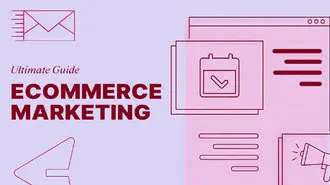Looking for fresh eCommerce business ideas to boost your B2C site’s growth next year? We’ve gathered seven exciting concepts backed by research and statistics!
B2C eCommerce is booming like never before. Statista reports that by the end of 2021, there were more than 2.14 billion online buyers worldwide.

As modern technology advances, the eCommerce industry has seen rapid growth. The 2020 global pandemic further accelerated this trend, with consumers looking for safe and convenient shopping options from home.
Optimising your marketing strategies is key to running a B2C eCommerce store with effective B2C strategies for eCommerce. It would be best if you did this to attract your target audience, get them onto your website, and compel them to purchase your products and services by having a robust B2C eCommerce strategy for your products and services.
The upcoming year promises to be the most robust yet for eCommerce businesses around the globe, filled with innovative B2C ideas. So, there’s no better time to explore some of the most effective eCommerce marketing strategies to boost your business.
Understanding B2C eCommerce

Before we plunge into the finest ideas for your own online store in 2025, it’s crucial to comprehend what eCommerce business-to-consumer B2C entails and how it stands apart from B2B commerce.
B2C, or business-to-consumer commerce, relates to enterprises that occur directly between companies and their consumers, who are end users of their services and products.
B2C eCommerce refers to business-to-consumer transactions that take place online. In these transactions, consumers buy high-quality products and services from businesses for personal use.
This differs from B2B, or business-to-business, eCommerce, which is distinct from what B2C eCommerce companies engage in. In B2B marketing, businesses sell products and services online directly to other companies rather than individual end users.
How to Boost B2C eCommerce in 2025
Now that you’ve learned the basics let’s dive into how to boost your B2C eCommerce growth with effective B2C eCommerce tips in 2025 and beyond with these tips.
1. Create a Social Media Marketing Strategy

There are few more powerful platforms to promote your B2C eCommerce business in 2025 than social media platforms like Facebook, TikTok and Instagram. Social media can help you reach an international audience within your niche.
At the same time, you can engage them with tailored ads and content designed in line with their interests and demographics. If you don’t yet have a social media marketing strategy for your website, now’s the ideal time to start developing one.
A recent study by WeAreSocial and Hootsuite found that there are over 4.62 billion social media users, accounting for over half of the global population. This highlights the significant role of digital marketing in today’s business landscape.
The study also found that social media is a highly effective tool for generating web traffic, boosting brand awareness among target audiences, and increasing consumer engagement.
Social media platforms can benefit your eCommerce business in many ways. They can advertise your products and services, engage with your customers personally, and build authority, trust, and credibility for your brand.
It can also be used to research, identify and reach out to your key target audiences to ensure that you’re engaging with the people most likely to buy what you offer.
The key to building a successful social media strategy for 2025 is researching where your target audiences spend most of their time online. Identify the social media platforms they use most frequently. Then, focus on advertising on those specific platforms to maximise your chances of getting noticed by the right leads.
2. Try Pay Per Click (PPC) Marketing

Pay-per-click marketing is a digital advertising strategy that uses paid advertisements to get your brand noticed online. It can be helpful for both new and existing eCommerce websites. Especially if you’re running ads on the platforms your target audiences use most frequently.
You can use PPC marketing to place your online store, services, and products directly in front of your audiences and boost your brand’s visibility, recognition, and recurring revenue. It’s a fantastic tool to get your products seen by the right people. Plus, it helps to bring in consistent revenue while working on more involved social media and organic marketing strategies.
When it comes to marketing, it pays to understand the latest B2C marketing trends that will affect the global eCommerce space in 2025.
According to Hubspot, there are five key trends to pay attention to in the coming year.
Short-form videos are poised to become a marketing powerhouse; consider Instagram reels, TikTok shorts, YouTube shorts, or online courses. You will want to create attention-grabbing videos that captivate and compel your audiences within a few seconds.
Influencer marketing is expected to remain relevant in 2025, although the types of influencers brands choose to partner with may differ. Previously, brands have focused on the biggest, most renowned influencers in their advertising campaigns.
However, data suggests that micro-influencers with fewer than 100,000 followers may provide more clout.
Other new marketing trends to watch out for include educational materials, audio content like podcasts and recordings, and a keen focus on social responsibility as a key driver of purchase decisions. The use of classic inbound marketing rather than outbound approaches that broadcast brand messages to targeted groups of consumers is one to watch.
Hubspot notes that over 80% of marketers plan to retain their 2022 budgets or increase their investments in their inbound marketing strategies in 2025, which benefits any B2C eCommerce website or business offering subscription boxes.
3. Boost Your Site’s Online Visibility with SEO
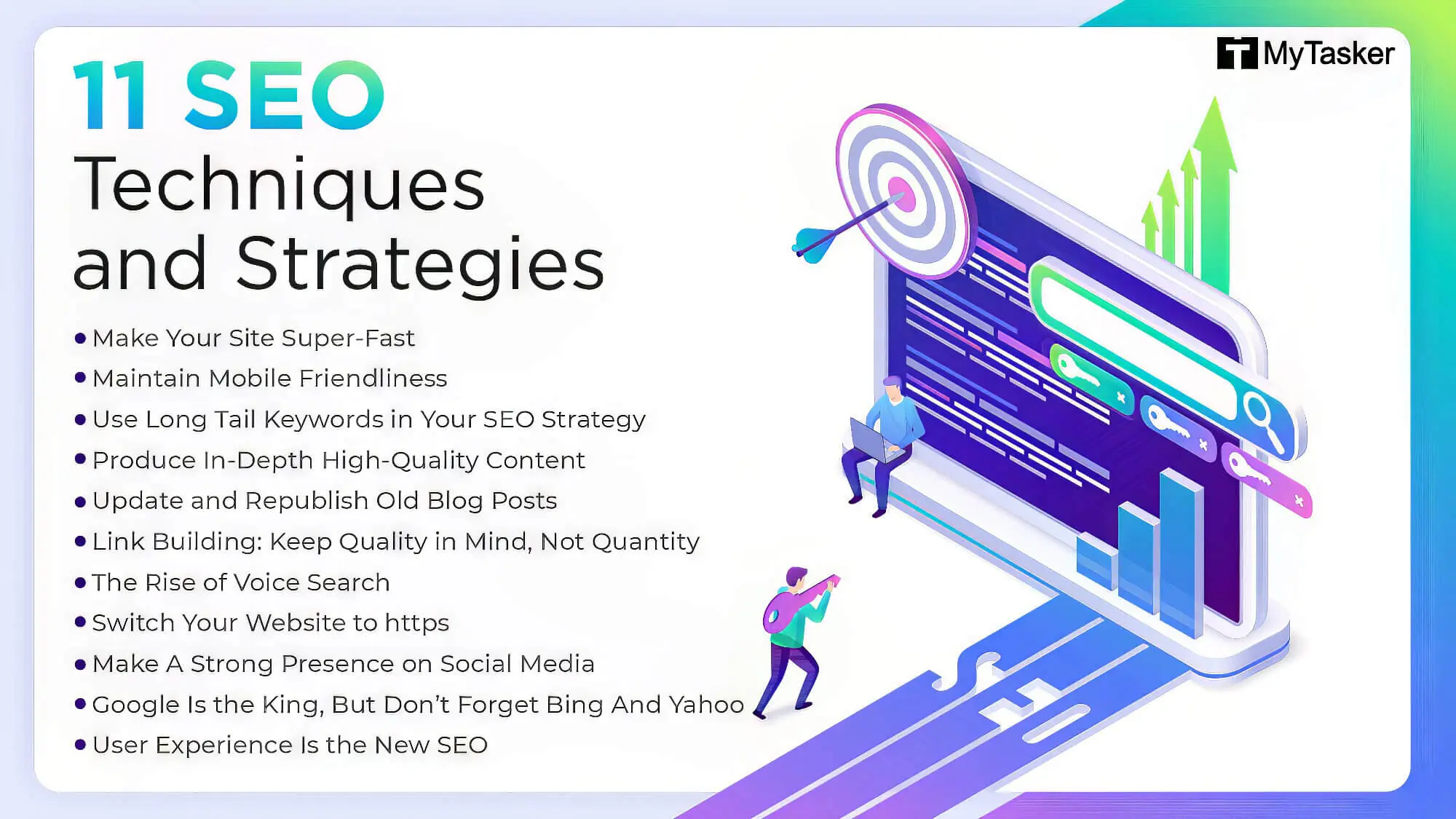
Around 93% of today’s online experiences start with a search engine like Google or Bing. This makes search engine optimisation (SEO) essential for your eCommerce marketing strategy and digital products.
SEO strategies ensure you use the right keywords to attract your core target audience. This helps to get your website ranked by search engines and get your site and content seen by as many people as possible.
Optimising your site for SEO requires strategically using keywords relevant to your brand, products, services, and location. Your SEO content strategy should also involve creating clear, concise, and accurate product descriptions on your eCommerce platform.
This will make it easier for potential customers to find the products online or on eCommerce platforms like Shopify when searching for similar items using search engines. Consider using a print-on-demand approach for unique designs.
4. Design with Mobile Users in Mind
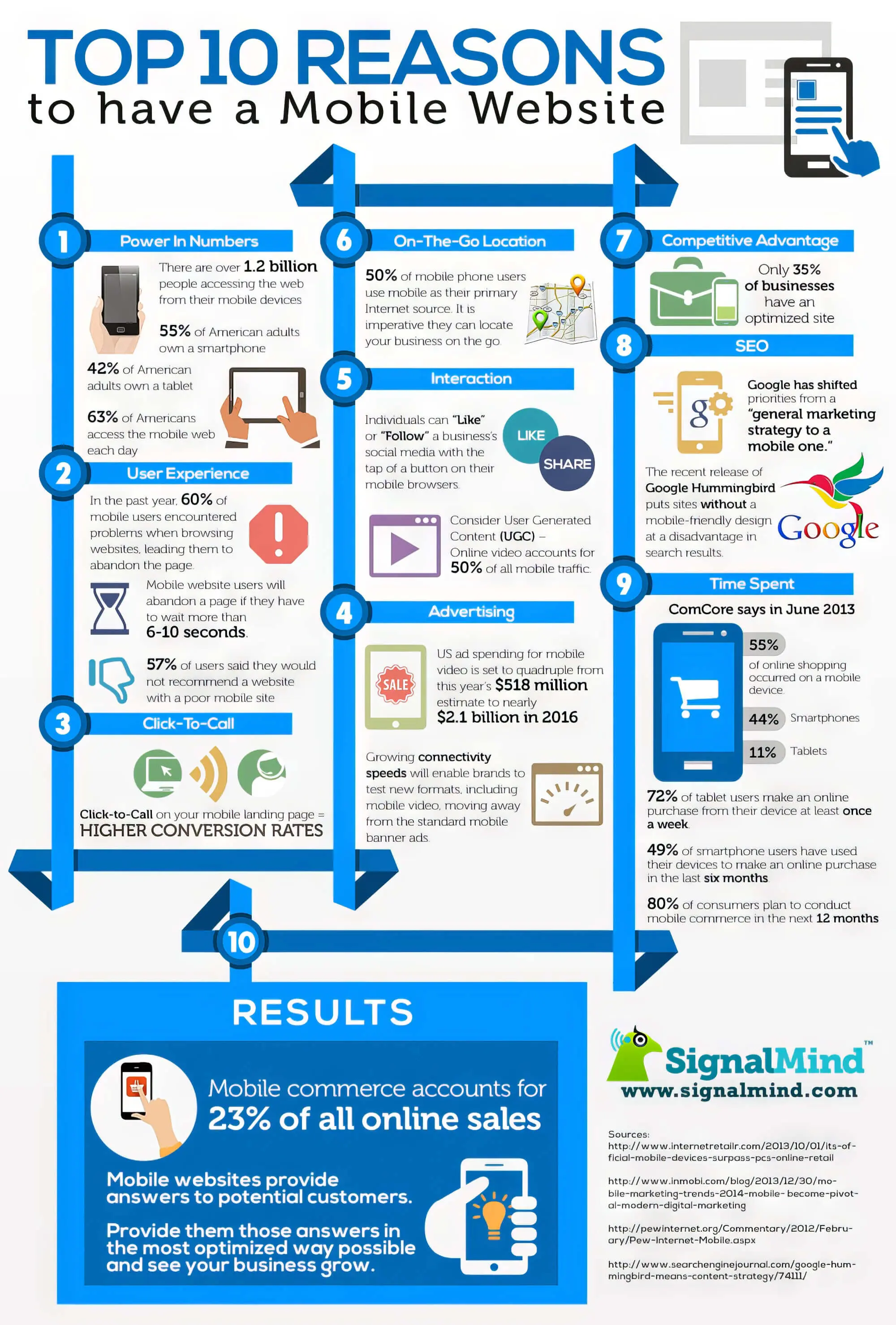
More internet users than ever before are making purchases using mobile devices like smartphones and tablets. More than 55% of the global eCommerce traffic in 2022 has come from mobile devices. This highlights why you should take your site’s mobile functionality seriously to maximise your conversion rates and sales in 2025.
Your business’s website must be optimised for a wide range of mobile devices. It needs to offer a responsive design that boasts easy navigation and a range of functions on smaller screen sizes without distortion or a lack of functionality.
If your website isn’t optimised for mobile devices, you’re losing out. Potential customers visiting your site via mobile for the first time may click away without even considering using your desktop site to make their purchases instead.
This could lead to a significant loss of potential customers. That’s why ensuring your website loads quickly and works efficiently on various smartphones and tablets is essential.
5. Optimise Your Website’s Layout

Your website is the foundation of your eCommerce store and the face of your brand. It’s arguably the most important platform through which you can represent your business to leads and customers.
If its design or functionality is lacking, you may miss out on valuable opportunities to convert members of your target audience into paying customers.
A well-designed, user-friendly, up-to-date website with an appealing design and layout can attract and engage your audience. Every aspect of your site—from loading times to its visual design elements, menu layout, content, value propositions, calls to action and messaging—plays a role in encouraging visitors to purchase from you.
If visitors to your website struggle to find the product they are looking for or the information they need, they will most likely click away and visit one of your competitor’s websites instead.
Building a site that is easy to navigate, logically laid out, and efficient will deliver an enjoyable and memorable customer experience, motivating your customers to buy from you and recommend your business to others.
There are manywebsite builders available. However, if you’re aiming for a more professional aesthetic for your online store, consider hiring an eCommerce website design agency.
6. Use Shipping Expenses as a Marketing Tool
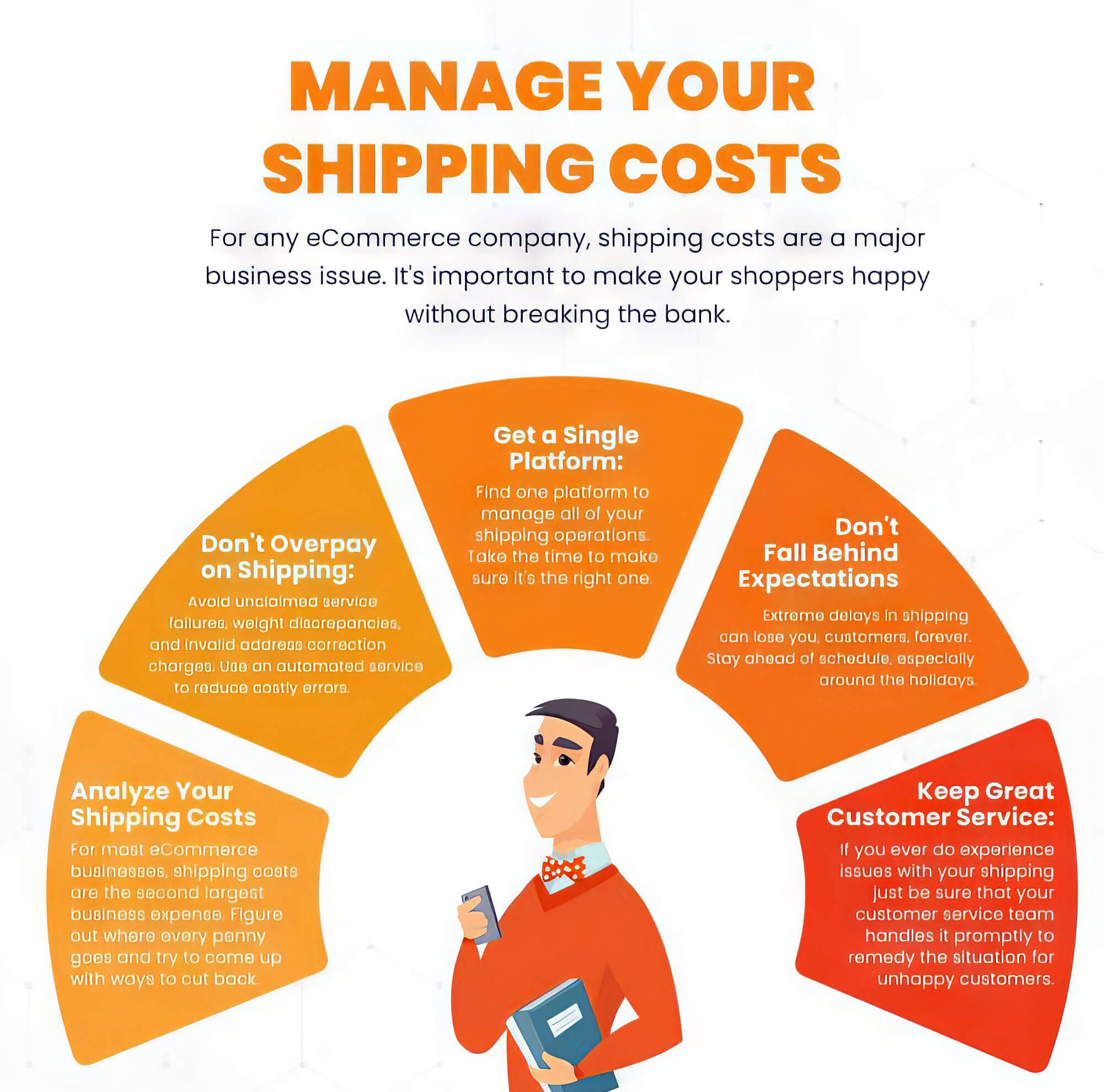
Shipping costs can be a make-or-break factor in your customer’s decision to purchase from you. Data from Shopify shows that nearly 69% of online carts are abandoned, with high shipping charges playing a significant role in this trend.
One of the best ways to give your business an edge over its competitors is to use shipping costs as a strategic marketing tool. You could, for instance, offer free local or international shipping for all orders of a specific value. You can also provide discounts to buyers who choose expedited courier services, especially for food products.
When you use shipping expenses as a marketing tool, you can reinforce the idea that your customers can experience real value when buying from you while enhancing the shipping experience at the same time.
If you know how to track business expenses related to shipping and can discount your rates without negatively affecting your profit margins, this strategy is good. It can help boost your sales figures and enhance customer satisfaction. It may also encourage buyers to purchase above a certain price threshold to take advantage of free or discounted shipping, especially if you sell handmade products or offer a subscription box, increasing your potential profits even more.
7. Expand Shipping Internationally
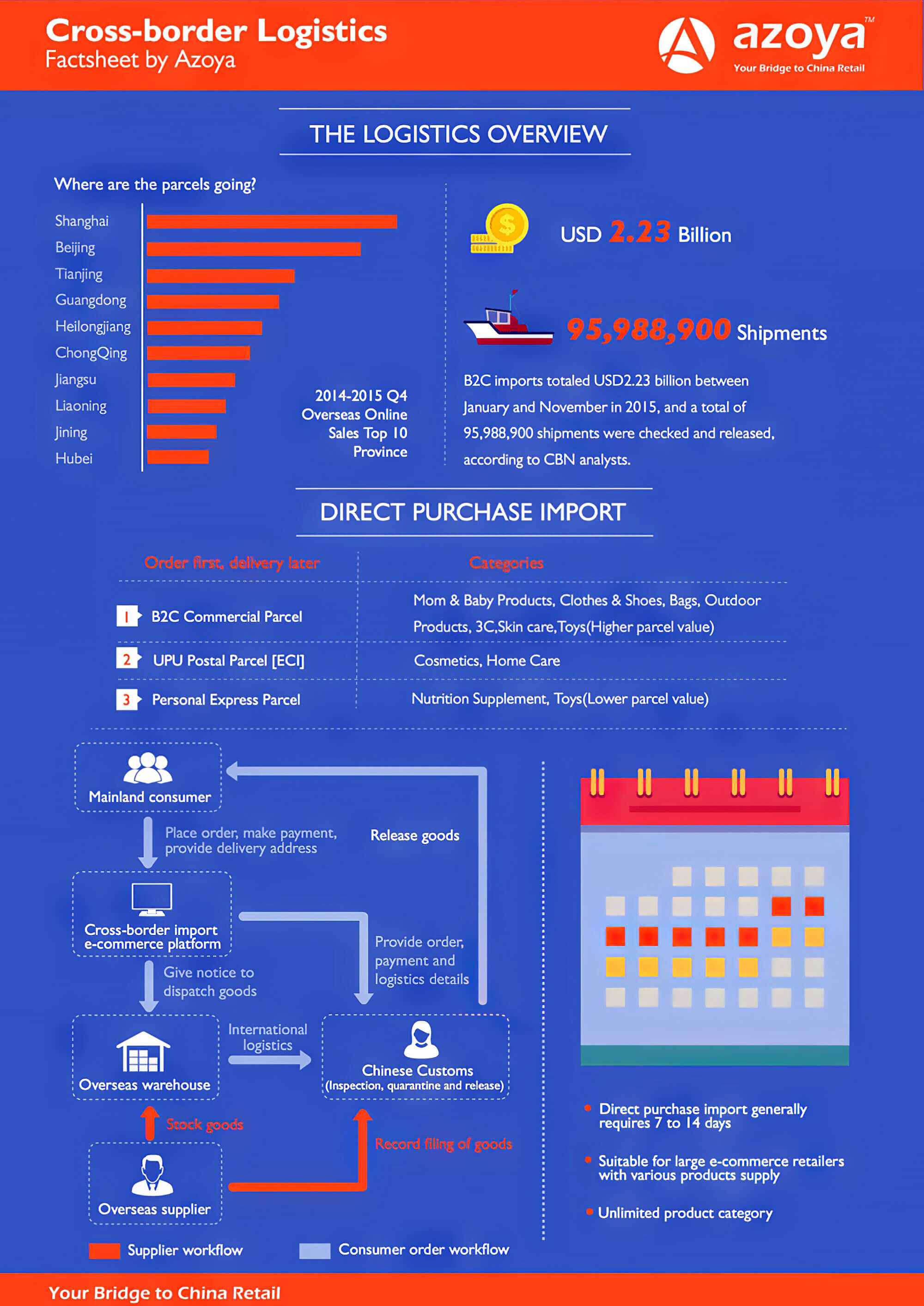
Offering international shipping is a fantastic way to tap into new markets and expand your customer base. The internet has connected global markets more than ever before, sparking fresh eCommerce ideas. Consequently, the international trade industry sees steady growth. Business Wire notes that cross-border online sales could increase by over $55 billion by 2026.
Though offering international shipping to your customers can be complex, this simple service can significantly expand your reach and potential income for your eCommerce business.
Using a third-party logistics (3PL) company to fulfil international orders can simplify and streamline the process. This gives you an advantage over your location-limited competitors and helps you to break into new foreign markets with your products and services, including selling handmade goods.
Profitable eCommerce Business Ideas for 2025
If you’re planning to launch your online business in 2025 but haven’t yet, exploring these profitable eCommerce trends is a smart move. B2C online store ideas are particularly in high demand now.
These sectors hold some of the best eCommerce business ideas and are expected to display strong demand and sales rates in 2025. This makes it well worth considering when designing your B2C eCommerce business model.
Pet care products
Data from a recent Research and Markets report shows that the pet care market is expected to grow at a compounded annual growth rate of 7.4% to reach a value of over $332 billion by 2026. The COVID-19 pandemic has seen families spending significantly more time at home. This has resulted in a rise in pet owners and adoptions over the past few years and a concurrent rise in the demand for pet care products and pet products.
Within this broader umbrella, there are many different niches on which to base an eCommerce business. Pet health supplements, pet toys, clothing and accessories, organic and premium treats, pet foods, training supplies, and items like CBD oils and customised phone cases are just a few verticals.
Skincare and beauty
The skincare and beauty sector ranks among the world’s largest industries. Its value is projected to reach $805.61 billion by 2023. Increased demand for skincare and natural products is driven by the self-care movement. Despite fierce competition, there’s still ample opportunity for eCommerce businesses.
The most successful beauty and skincare eCommerce stores target a specific niche—low-cost, natural, organic, and vegan skincare and beauty products, for example—to capture a particular target audience.
This sector’s most lucrative niches include vegan skincare and cosmetics, anti-aging products, and cruelty-free cosmetics. Cosmetics containing trendy active ingredients appealing to health-conscious consumers, such as niacinamide, hyaluronic acid, squalane, retinol, and ceramides, are also in ever-growing demand.
Home office supplies
Millions of people across the globe are now working from home. Compared to a few years ago, remote work is becoming the norm. Even though the pandemic is now under control, the work-from-home model has also boosted the popularity of thrift stores and the second-hand store movement, which is expected to surge into 2025 and beyond. This provides a great opportunity for eCommerce B2C businesses selling home office furniture and supplies.
Some of the best niches and products to choose from include laptop stands, adjustable desks, office chairs, ergonomic office accessories, computer accessories, home office wear, and other work supplies like microphones, products like USB hubs, cameras, home security systems, and portable printers and scanners.
- Smart home products. Smart home devices and IoT-connected gadgets are becoming increasingly popular among homeowners around the world. The global IoT market is expected to reach nearly $5.1 billion by 2025, making it a profitable prospect for any B2C online store. Devices like the Amazon Echo are experiencing burgeoning demand, making them a profitable prospect for any B2C eCommerce store that can sell them to the public in 2025.
- Eco-friendly and organic home products. Today’s consumers are becoming increasingly more conscious about the eco-friendly products they choose to use in their homes. There’s a growing interest in natural, sustainable, and environmentally friendly cleaning products, skincare products, and alternatives.
eCommerce sites that meet this demand can benefit significantly from a market that will boast a global value of $2415.90 million by the end of 2028.
Focus on stocking and selling products made from clean, pure, safe and organic ingredients that are safe for children and suitable for home decor, pets, people with allergies, and sensitive ecosystems.
The Power of Personalisation
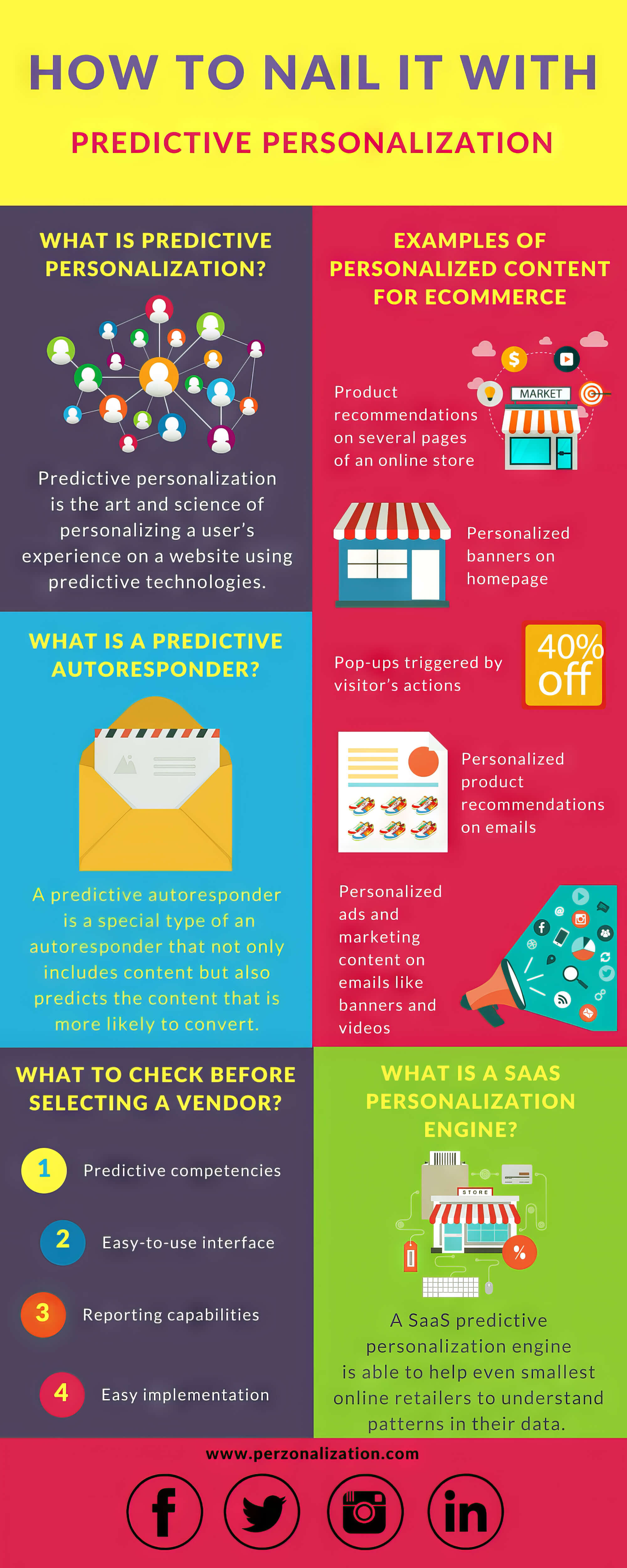
Another 2025 eCommerce marketing trend worth mentioning is personalisation. Dubbed the ‘new norm’ in marketing, consumers today expect to be welcomed digitally and treated with a personal touch by the brands they interact with. Research by Forrester notes that 76% of customers will continue doing business with a brand that makes them feel personally and meaningfully appreciated.
The key to success when it comes to personalisation is using customer data to your advantage. In doing so, you can understand your customers’ purchase behaviours, on-site behaviours, marketing channel engagement, and direct feedback. Most customers will hand over their information to help you delve deeper into the data if they extract value in return. If you can deliver an exceptional customer experience through this data, you can retain more customers in the long run.
Building a Successful eCommerce Business in 2025
Suppose you want to create a thriving and profitable B2C website in 2025 and beyond. In that case, Paying attention to modern consumers’ expectations, B2C eCommerce trends, and preferences is essential to provide a competitive customer experience. Every aspect of your brand’s online presence must be tailored to your target audience’s needs, from its social media channels, PPC ads and SEO to its site layout, mobile compatibility, and shipping options.
By following these steps, you’ll effectively engage your audience, draw them to your website, and encourage them to buy what you offer.
Now is the perfect time to get started. If you haven’t established your eCommerce for a B2C store, consider exploring innovative B2C business ideas. The eCommerce industry has never been more widespread. Start an eCommerce business, research, discover a popular, in-demand niche with an international target audience, and create an eCommerce site that caters to their requirements for new products for the best results, leveraging new eCommerce business ideas.



